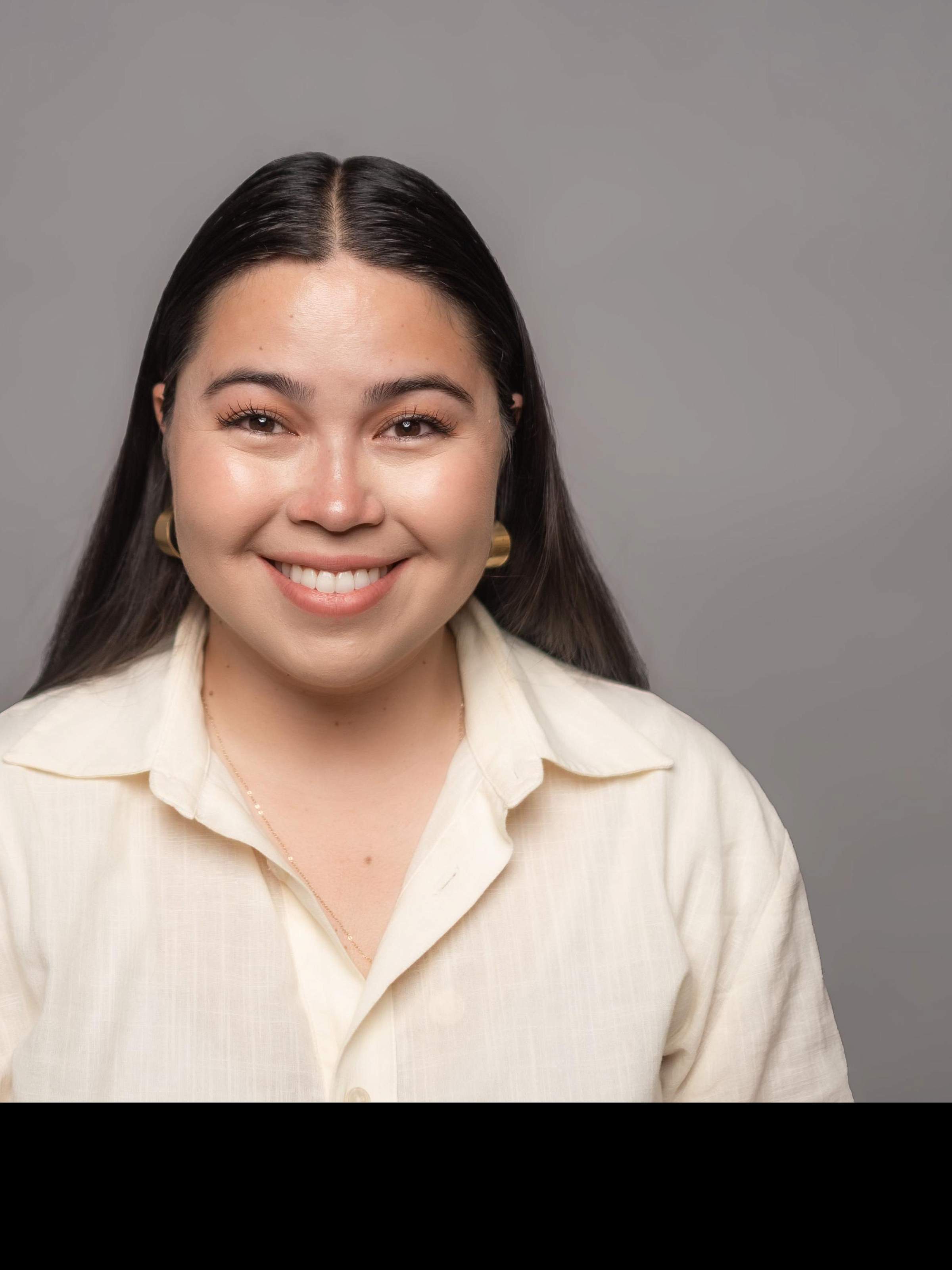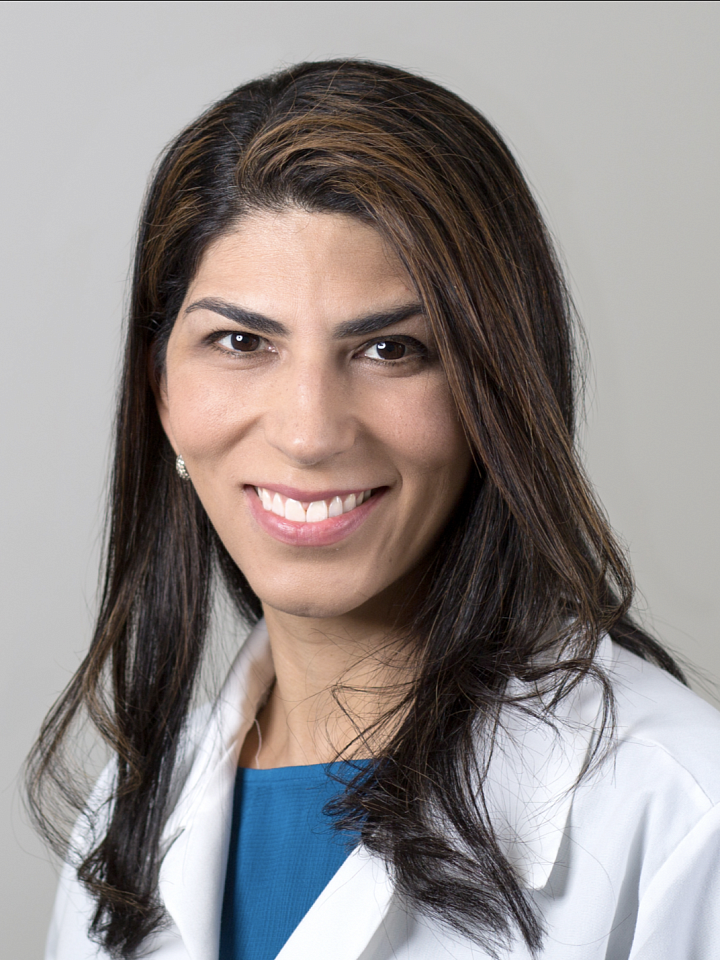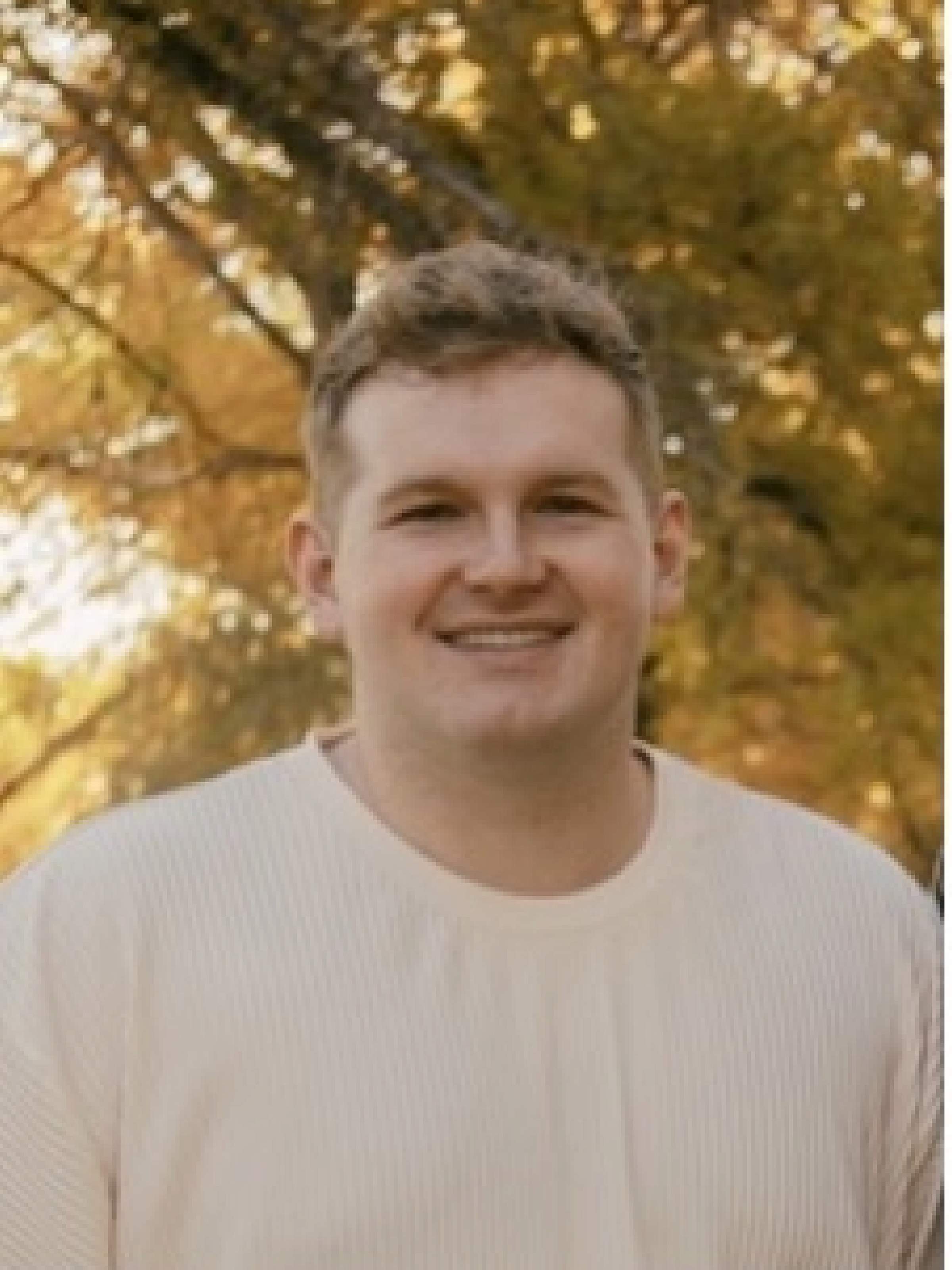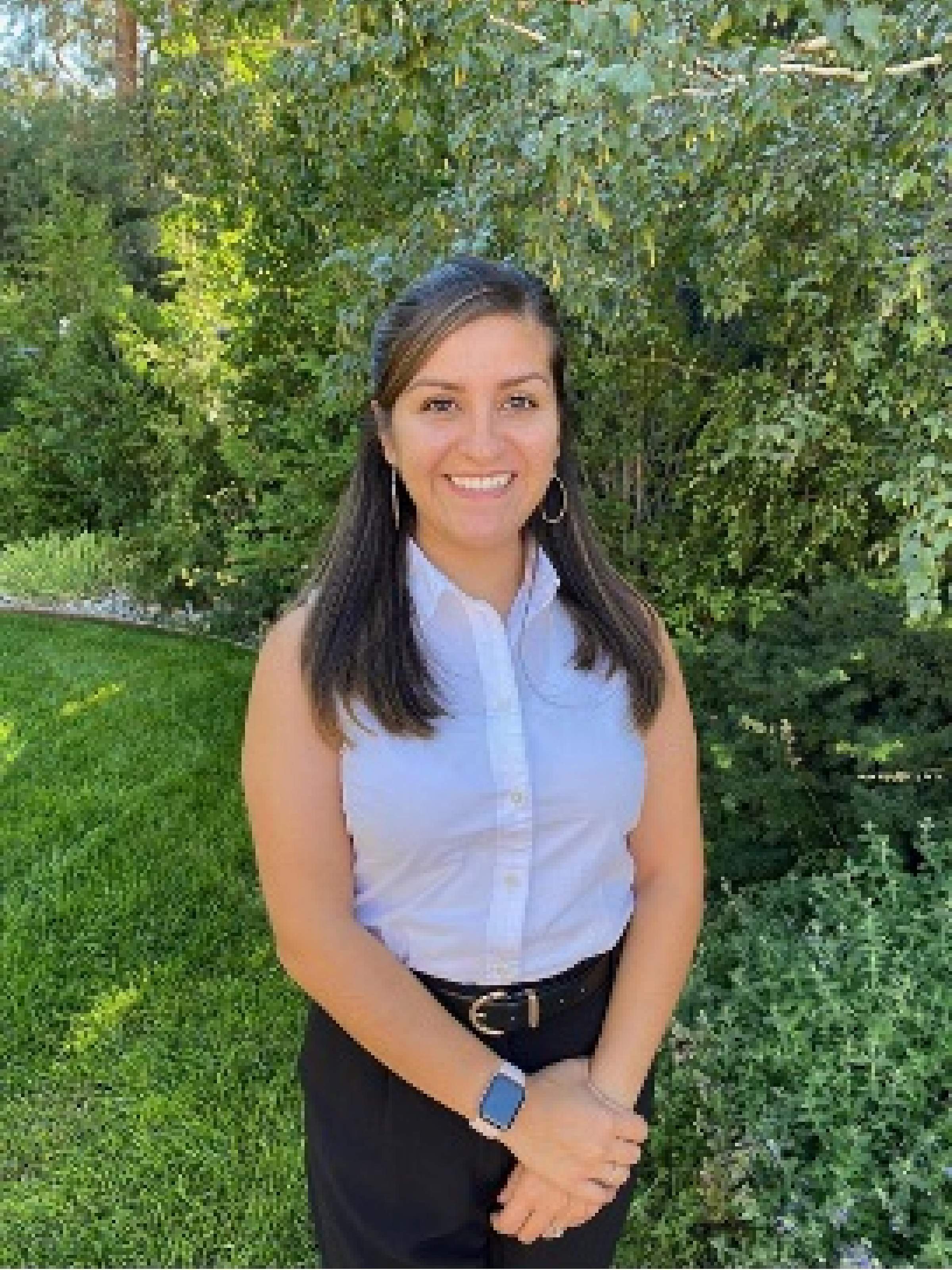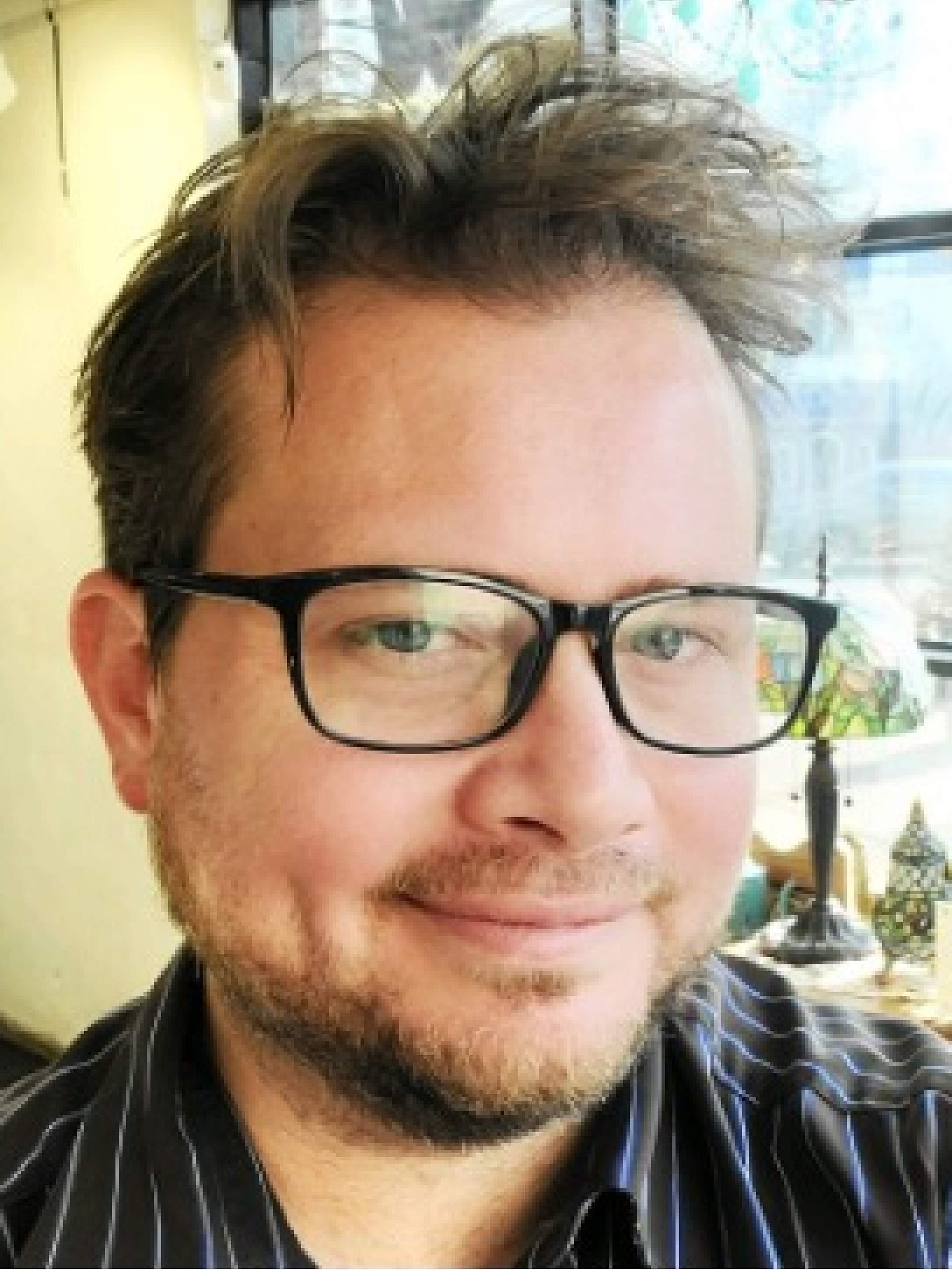Mission
PROMIS2U stands for Pre-Matriculation Readiness for Ongoing Medical Student Success at the University of Utah.
The mission of PROMIS2U is to prepare more physicians to enter primary care and serve in medically underserved areas in Utah. Primary care physician shortages in Utah and in the Mountain West are even more acute in medically underserved communities.
Research shows that individuals from medically underserved areas are more likely to practice in high-need underserved communities, and PROMIS2U aims to provide academic support to such individuals so that they can serve patients in these communities.
Who We Are
Johanna C. Purdy, MD
Juliana Simonetti, MD
Brandon Johnson
Emma Barcenas, CSW
Gillian Stanfield, PhD
Scott Curtis, MA
How We Support Our Mission and Students
- Knowledge Building – PROMIS2U delivers a thoughtful science, population health, and wellness curriculum to help students develop the knowledge necessary to be successful in medical school. Additionally, students acquire a broad knowledge of on-campus and SFESOM resources, programs, services, and policies.
- Skills Building – PROMIS2U offers a robust set of clinical and patient exposure experiences for students to observe and develop the skills to be a successful physician. They also participate in various research opportunities where they fine-tune their analytical and critical-thinking skills.
- Cultural Humility Building – PROMIS2U exposes students routinely and intentionally to opportunities and challenges seen in medically underserved settings. Students further grow into empathic members of the medical profession.
- Community Building – PROMIS2U fosters a sense of belonging through relationship building with faculty, administrators, staff, and medical students, as well as providing opportunities for community engagement.
Program Expectations and Benefits
Program Expectations
PROMIS2U, along with collaborators in the school of medicine, have thoughtfully designed a year-long post-baccalaureate experience to help students achieve their dream of becoming a physician. As such, PROMIS2U students are expected to:
- Attend a six-week summer intensive science preparation experience
- Register for graduate coursework in fall and spring (see curriculum page)
- Participate in bi-weekly academic success meetings and monthly wellness curricular activities
- Act in accordance with the academic expectations outlined in the acceptance letter
- Adhere to the Spencer Fox Eccles School of Medicine code of conduct
Program Benefits
As part of PROMIS2U, students will benefit from a wrap-around support system designed to prepare them to transition to medical school. Students will have the opportunity to enhance their academic knowledge, clinical experience, and critical-thinking and research skills. Students benefit from a robust network of faculty, staff, and peer mentors throughout their time with PROMIS2U. Students who meet PROMIS2U performance standards will be presented to the Admissions Committee in February of their PROMIS2U year and considered for admission after their PROMIS2U year.
We anticipate candidates who successfully matriculate to the SFESOM will be leaders among their peers and will have the opportunity to serve as role models and mentors to future PROMIS2U participants.
Lastly, PROMIS2U alumni will continue to benefit from program resources throughout their four years of medical school at University of Utah.
Admissions
Basic Eligibility Criteria
PROMIS2U will consider applications from candidates who:
- Grew up or currently live in a medically underserved community
- Are Utah residents and/or enrolled members in one of the American Indian tribes whose reservation or trust lands lie partly or wholly within Utah
- Demonstrate a commitment to practice medicine in medically underserved communities
Academic Requirements
Applicants must meet the admissions criteria established by the School of Medicine Admissions Office including:
- Completion of a bachelor’s degree from a regionally accredited institution in the United States or Canada
- GPA and MCAT score that fit within this matrix model:
- An MCAT Total of 494-497 and an undergraduate GPA of 3.80 or higher
- An MCAT total of 498-499 and an undergraduate GPA of 3.60 or higher
- An MCAT total of 500 and an undergraduate GPA of 3.00 or higher
For more information about academic requirements, please visit the School of Medicine Admissions Office website.
Curriculum
Students are required to enroll in full course load all semesters with the exception of Summer. Below is a tentative list of courses PROMIS2U students take.
Summer Semester
- MD ID 5000: Introduction to Medical Sciences
Fall Semester
- MD ID 6400: PROMIS2U Foundations of Medicine
- MD ID 6920-002: SCoPE for PROMIS2U
Spring Semester
- MD ID 6410: PROMIS2U Foundations of Medicine 2
- MD ID 6430: PROMIS2U Longitudinal Clinical/Patient Experience
- MD ID 6450: PROMIS2U Foundations of Medicine 3
Fall OR Spring
- MD ID 6920-001: Health Humanism
- MD ID 6460: PROMIS2U Tribal, Rural, and Underserved Health Care Systems, Delivery, and Resources
Important Dates
Below are some important dates for students to keep in mind. Additionally, students are expected to attend monthly wellness and community building events. Dates and times are to be determined.
| Event | Date |
| Program Notifies Candidates of Opportunity to Apply | Late November to Early December (Pool 1) or Late March to Early April (Pool 2) |
| Summer Preparation Course | Early July to Mid-August |
| Orientation to Medical School | See MS1 Academic calendar |
| Fall Semester | See MS1 Academic calendar |
| Spring Semester | See University of Utah Academic Calendar |
| SOM Conditional Admissions notification | March |
Frequently Asked Questions (FAQ)
The School of Medicine Admissions Committee makes recommendations to PROMIS2U after thoroughly reviewing the application materials of prospective students and ensuring they meet the minimum criteria for admissions. All PROMIS2U students are vetted through the formal Admissions Committee first, and thus cannot apply directly to PROMIS2U. A secondary application may be requested of the PROMIS2U program at a later date.
In selecting medical students for matriculation, medical school admissions authorities must assess various factors. The School of Medicine Admissions Committee, thus, follows a holistic review process. Promising students who meet most criteria, but who may benefit from a year of rigorous academic preparation, are referred to the PROMIS2U Selection & Recommendations Committee. For more information about admissions criteria, please visit the School of Medicine Admissions Office website.
The PROMIS2U Selection & Recommendations Committee utilizes a holistic review process similar to that of the School of Medicine Admissions Committee, with a particular focus on candidates from medically underserved backgrounds as well as those who are committed to serving underserved communities.
Yes, grant (Health Resources and Services Administration) funds are used to cover tuition and fees and a monthly living stipend to assist with expenses (e.g., room & board, health insurance through Student Health Insurance Plan, transportation, etc.) for the duration of the program. Students also receive approximately $850 towards the purchase of a laptop/tablet.
PROMIS2U students receive a monthly stipend for living expenses so that students can focus on their education. We understand students have different financial responsibilities and may need to seek employment. Students, however, are expected to balance their work commitments and to prioritize their academics.
Students have the option to live in the University Student Apartments, but are not required to live on campus.
The Selection and Recommendations committee will recommend those PROMIS2U students who successfully complete all portions of the program, including adherence to the Professionalism Behavior standards outlined in the Student Handbook, to the School of Medicine Admissions Committee. The Admissions Committee will make final decisions on the admissions status of each individual student.
This document is supported by the Health Resources and Services Administration (HRSA) of the U.S. Department of Health and Human Services (HHS) as part of two awards totaling $33 million with 10% financed with non-governmental sources. The contents are those of the author(s) and do not necessarily represent the official views of, nor an endorsement, by HRSA, HHS, or the U.S. Government.
Indigenous Land Acknowledgment
The University of Utah has both historical and contemporary relationships with Indigenous peoples. Given that the Salt Lake Valley has always been a gathering place for Indigenous Peoples, we acknowledge that this land, which is named for the Ute Tribe, is the traditional and ancestral homelands of the Shoshone, Paiute, Goshute, and Ute Tribes and is a crossroad for Indigenous peoples. The University of Utah recognizes the enduring relationships between many Indigenous peoples and their traditional homelands. We are grateful for the territory upon which we gather today; we respect Utah’s Indigenous peoples, the original stewards of this land; and we value the sovereign relationships that exist between tribal governments, state governments, and the federal government. Today, approximately 60,000 American Indian and Alaska Native peoples live in Utah. As a state institution, the University of Utah is committed to serving Native communities throughout Utah in partnership with Native Nations and our Urban Indian communities through research, education, and community outreach activities.

